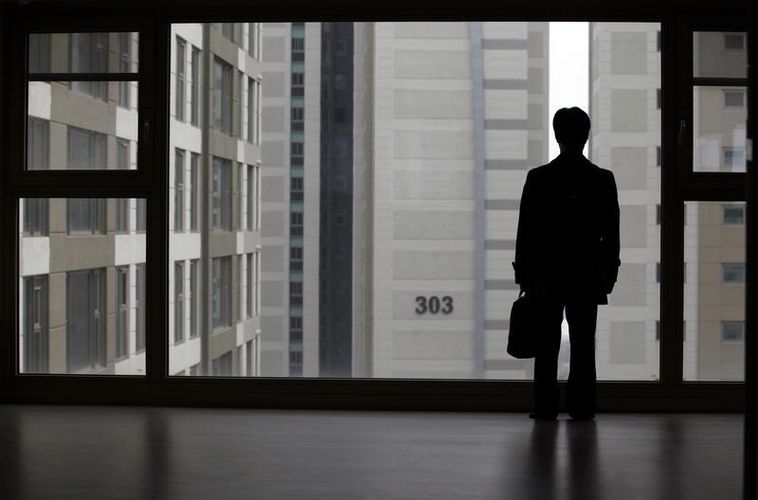Korea’s builders have had to deal with lower real estate prices, a weak economy and slow momentum on overseas projects, and many are in desperate need of funding.
The weaker construction companies have been locked out of Korea’s domestic bond markets since the likes of Samsung Engineering and Daewoo Construction reported losses last year.
Seven out of 25 construction companies with domestic investment-grade ratings were downgraded last year, according to a Seoul-based credit analyst.
The situation worsened recently after bankruptcies of affiliates of the Tong Yang conglomerate sent local investors rushing for safer assets.
Among others, on December 31 Ssangyong Engineering & Construction filed for bankruptcy protection in Seoul. The company was the builder of the iconic Marina Bay Sands in Singapore.
As a result, the volume of issues with a domestic Single A rating plunged to W9trn (US$8.5bn) last year, down from W20trn the year before, while Korea Development Bank has stepped in to support stressed companies by buying unsold corporate bonds.
“It’s hard to expect that the sector will improve and investors are staying away from buying weaker names in that industry,” the credit analyst said, adding that domestic demand was likely to be limited to the stronger builders, such as Samsung C&T, Posco and Hyundai Engineering & Construction. All these builders are selling Won bonds this month.
“We haven’t really hit the bottom yet. It’s hard even to calculate how much these [weaker] companies need to pay in premiums now because there hasn’t been much issuance from the worse names recently.”
Yields on GS Engineering & Construction’s domestic three-year bonds rose to 4.02% at the end of 2013 from 3.48% a year earlier, while yields on the three-year government bond remained in the 2.8% range throughout that period.
Three-year bonds from Taeyoung, a commercial property builder, were yielding 4.42% at the end of 2013, up from 4.08% a year earlier. Spreads for lower-rated issuers had widened far more.
Overseas interest?
GS E&C managed to bring in some rare international investment last month with the first overseas convertible bond from a Korean construction company.
On January 23, the company sold US$100m of 3.25% convertible bonds due 2019 with an investor put option at year two and conversion premium of 25%.
While that provided a welcome funding alternative, the deal proved a tough sell and priced at the wide end of terms. Bankers working on similar deals for other Korean clients say they are having a tough time generating interest.
“Investors are negative on the construction industry and there is almost no appetite for this,” said one banker.
Credit analysts widely expect more downgrades in the construction sector, pushing up funding costs even further and leaving more companies frozen out of the market.
The dichotomy in Korea’s domestic bond market may take at least until next year to start recovering, according to Louis Shin, head of fixed-income research at Woori Investment & Securities.
“The trend is for more companies to see their credit ratings fall, especially if they continue to struggle to get financing or fail to sell assets,” he said.
“I don’t expect the situation to get any better unless Korea is able to develop a more efficient high-yield market domestically or attract more foreign funding from investors, as well as distressed-debt investors.”
